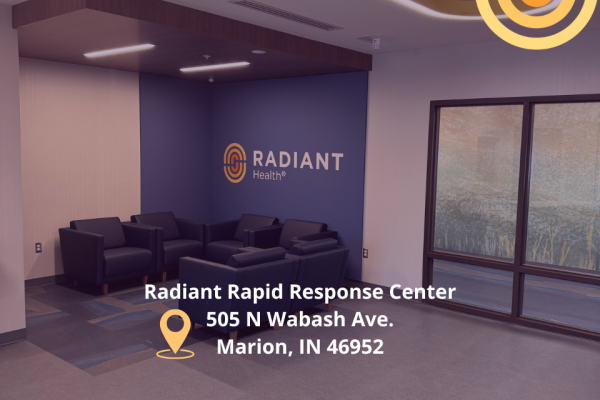How much do you know about Schizophrenia?

Schizophrenia: A Commonly Misunderstood Diagnosis
Perhaps you have watched the movie A Beautiful Mind, which tells the true story of John Nash, a brilliant mathematician who was diagnosed with Schizophrenia. Or maybe you saw MTV’s True Life episode “I Have Schizophrenia.” But is your understanding of Schizophrenia accurate? Let’s take a closer look at this commonly misunderstood diagnosis . . .
WHAT IS SCHIZOPHRENIA?
Schizophrenia is a brain disorder that “affects the way a person thinks, feels and acts,” according to Mental Health America. A common misconception is that individuals with Schizophrenia have multiple or split personalities when, in reality, Schizophrenia and Dissociative Identity Disorder (formerly Multiple Personality Disorder) are two completely separate diagnoses. Another common myth surrounding Schizophrenia is that those who have this disorder are violent, but they are not usually violent.
TYPES OF SCHIZOPHRENIA
There are five sub-types of Schizophrenia: Paranoid, Disorganized, Catatonic, Residual and Schizoaffective.
Paranoid: Those with Paranoid Schizophrenia often experiences feelings of extreme suspicion or persecution, and may have delusions of grandeur. For example, someone who has Paranoid Schizophrenia may believe that someone is constantly watching them. A delusion of grandeur is the false belief that an individual is somehow superior – whether in knowledge, fame, wealth, or omnipotence.
Disorganized: An individual with Disorganized Schizophrenia often does not show signs of delusions, but their speech and thoughts are disorganized and incoherent, making communication incredibly difficult.
Catatonic: Those with Catatonic Schizophrenia are often withdrawn and sometimes mute. Additionally, they may assume incredibly unusual body positions.
Residual: People with Residual Schizophrenia no longer experience delusions or hallucinations, but they will display an apathetic attitude toward life and a lack of motivation.
Schizoaffective: The last sub-type of Schizophrenia, those with Schizoaffective Disorder display symptoms of Schizophrenia and a mood disorder like depression or mania.
WHEN DOES SCHIZOPHRENIA USUALLY BEGIN?
The age of onset for Schizophrenia is typically between ages 16 and 30, according to the National Institute of Mental Health. While Schizophrenia is children is very rare, awareness of childhood-onset has increased in recent years.
HOW COMMON IS SCHIZOPHRENIA?
According to the National Institute of Mental Health (NIMH), about 1 percent of Americans have Schizophrenia and affects men and women equally. Additionally, NIMH reports that Schizophrenia is seen at similar rates across the globe, showing no favor toward a specific ethnicity.
HOW IS SCHIZOPHRENIA TREATED?
While there is currently no cure for Schizophrenia, those diagnosed with the disorder can often lead productive lives with treatment. Treatment for Schizophrenia typically includes a combination of both anti-psychotic medications and psycho-social therapeutic interventions.
Schizophrenia is one of the most misunderstood mental disorders – let’s change this! If you hear someone say something that is not true about Schizophrenia, don’t be afraid to speak up. Or if you aren’t sure about something, take advantage of some of the trusted resources below.
Mental Health often evokes feelings of shame, confusion, or embarrassment, so let’s come together and Stamp Out Stigma. The first step: talk about it.







